Keywords: Religious Beliefs
There are more than 200 results, only the first 200 are displayed here.
-

- Frank Brennan
- 08 July 2015
3 Comments
I suspect Pope Francis had some of our Jesuit alumni in mind when he wrote in his encyclical Laudato Si: 'A politics concerned with immediate results, supported by consumerist sectors of the population, is driven to produce short-term growth... True statecraft is manifest when, in difficult times, we uphold high principles and think of the long-term common good. Political powers do not find it easy to assume this duty'.
READ MORE
-
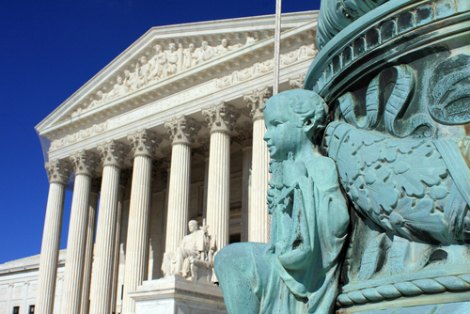
AUSTRALIA
- Frank Brennan
- 03 July 2015
75 Comments
In its determination that same sex couples have a constitutional right to marry, the US Supreme Court took it upon itself to discover a definitive answer in the silent Constitution on this contested social question. This is regrettable, because there can be no doubt that the democratic process was taking US society in only one direction, and the Court's unilateral intervention has reduced the prospects of community acceptance and community compromise regarding the freedom of religious practice of those who cannot embrace same-sex marriage for religious reasons.
READ MORE 
-

- Greg O'Kelly
- 01 July 2015
3 Comments
The phrase 'the public square' is peppered throughout Frank Brennan's work. The 1988 film Cinema Paradiso depicts the public square in a Sicilian village over 30 or so years, and its slow and subtle change from a place where human beings gather to laugh, play and discuss. Billboards and garish signs appear and it becomes a car park bereft of its humanity.
READ MORE
-

- William Morris
- 15 June 2015
7 Comments
'Frank points out that the Church cannot credibly proclaim a message of social justice in a pluralist democracy when its own processes fall short of ordinary community standards of justice. It needs to turn its teaching about human rights and human dignity back on itself, the Church, insisting on due process within the life of the Church community.' Bishop William Morris helps launch Frank Brennan's new book Amplifying That Still, Small Voice.
READ MORE
-
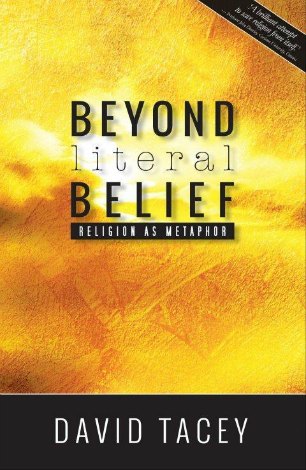
AUSTRALIA
- Andrew Hamilton
- 14 May 2015
50 Comments
Australian writer David Tacey argues that the Christian story, like all religious beliefs, should be seen as metaphor. He argues that in turning from a literal understanding, we recapture the original Christian message. But for me, adopting his reading would mean the loss of a personal God to whom I can pray, of a Christ who is a living presence among his followers, and of a community in living continuity with Jesus' disciples.
READ MORE 
-

AUSTRALIA
- Andrew Hamilton
- 22 January 2015
17 Comments
The Martin Place and Paris killings both generated hashtags that focused popular response. Their simplicity allowed people to express instantly their solidarity with victims and rejection of violence. But they also raised complex questions about the responsible use of freedom.
READ MORE 
-
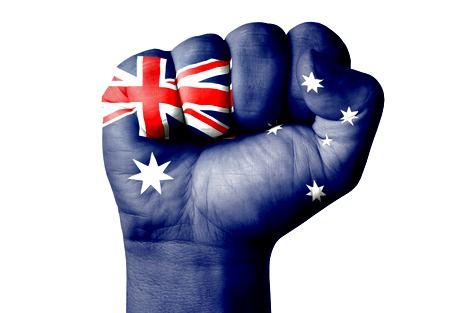
AUSTRALIA
- Andrew Hamilton
- 06 November 2014
8 Comments
In anxious times, people often think about identity in a way that is limited and excluding. But our identity is actually layered, and may include regional, religious, philosophical, professional, sports, social, racial, sexual, and more. If we isolate ourselves in homogeneous and non-interactive groups, any larger national identity we have will be brittle.
READ MORE 
-
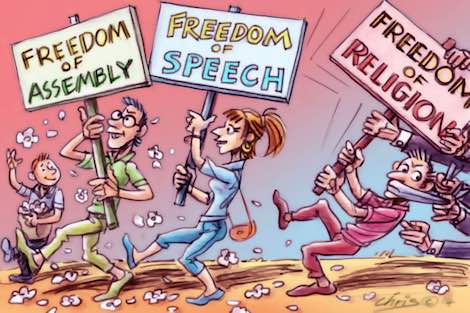
RELIGION
- Kevin Donnelly
- 03 November 2014
29 Comments
Unlike France, Australia's Constitution specifically accepts the place of religion in the broader society, with its reference to Almighty God in the Preamble. Its only stipulation is that governments should not privilege one religion over another, or unfairly discriminate. Moreover, our legal system and institutions might be secular in nature, but they draw heavily on Christian ethics and morality.
READ MORE 
-
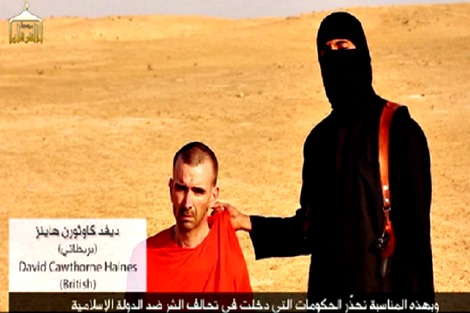
AUSTRALIA
- Andrew Hamilton
- 02 October 2014
27 Comments
IS - the Islamic State - is getting a bad press. Deservedly so, for its brutality and totalitarian instincts. In the headlines, references to 'evil' and 'pure evil' have been dominant. This characterisation is unhelpful for a number of reasons. We must be careful not to empty the word 'evil' of any meaning.
READ MORE 
-
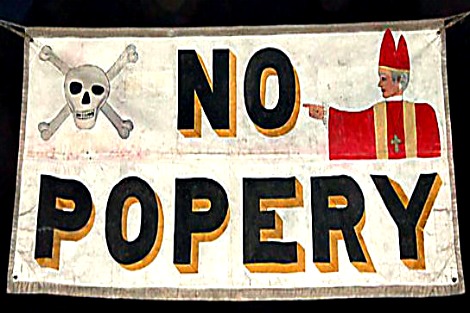
INTERNATIONAL
- Andrew Hamilton
- 25 September 2014
40 Comments
The justified insistence that Muslims should not constantly be called to account for the vicious behaviour of Islamic State is a reminder of the attitude towards Catholics in an earlier generation. They combined suspicion of anything Irish in the aftermath of the 1915 Uprising and more traditional judgments of Catholics on the basis of their beliefs and practices.
READ MORE 
-

INTERNATIONAL
- Daniel Reeders
- 02 September 2014
6 Comments
Global targets can be used to benchmark countries – but measuring a reduction in stigma is harder than it sounds. As one of my colleagues asked, 'what's the international standard unit for one stigma?'
READ MORE 
-
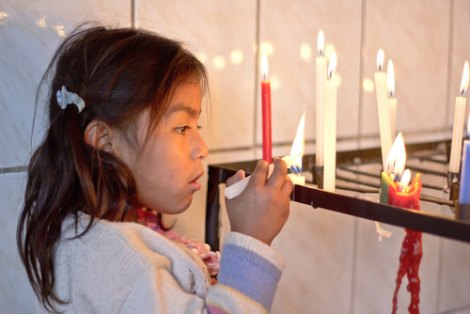
RELIGION
- Kevin Donnelly
- 28 August 2014
34 Comments
Growing up in working class Broadmeadows in a Housing Commission estate with a communist father and a Catholic mother – mass on Sunday and the Eureka Youth Movement on Tuesday – taught me first hand about two of the most influential and powerful forces of the 20th century.
READ MORE 